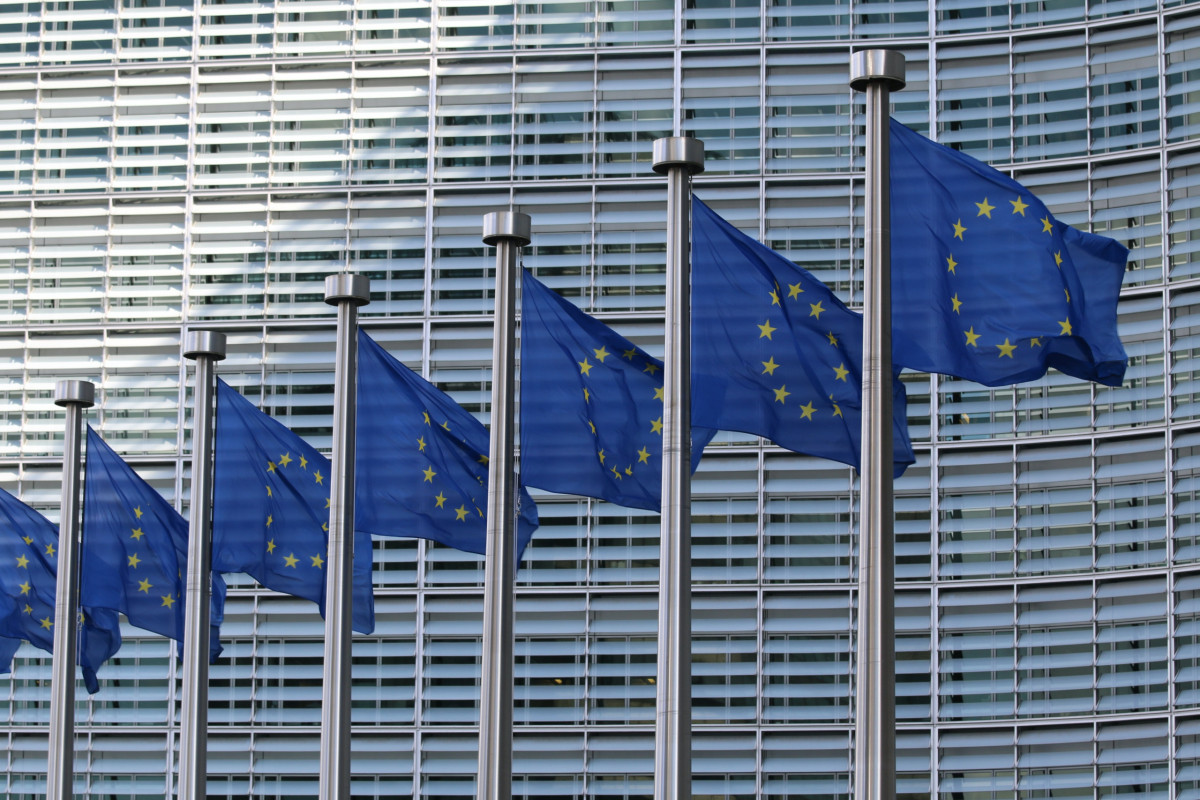The European Union’s economic forecast this spring is decidedly rosier than winter’s, with growth expected to reach 1% in 2023.
Back in winter 2022, the economic outlook of growth in the European Union (EU) was a not-so-exciting 0.8% for 2023, with 2024’s forecast doubling to 1.6%.
These figures have since been revised upwards, after the bloc saw a better-than-expected start to the year. Now the forecast for growth is sitting at a solid 1% for 2023 and 2024’s projections at 1.7%.
GDP UP, ENERGY PRICES DOWN
Similar upward trends have been shown for gross domestic product (GDP) growth, which is now predicted to be 1.1% this year and 1.6% next. The only rise that is not so welcome is inflationary pressures, which have gone up since winter to an estimated 5.8% in 2023 and 2.8% in 2024.
The brighter picture is thought to be in part due to the ability of the Schengen community to limit the effects of the war in Ukraine, including enduring the energy crisis, which turned out to be more temporary and less dramatic than anticipated thanks to rapid branching out of supply chains and a drop in gas usage.
“Wholesale prices of gas and electricity in the EU have come down significantly from the peaks of last year, and continued declining even after the winter forecast,” said the EU Commissioner for the Economy, Paolo Gentiloni. “Thanks to effective diversification of supply and a sizeable fall in consumption – also supported by mild winter temperatures – the major concern for the European economy, that is a disruptive shortage of gas supply, did not materialise.”
LABOUR MARKET STRONG
The job market’s strength and record low unemployment of 6% in March 2023 have made for a powerful tool in fighting economic slowdown. Employment growth is anticipated to only react slightly to slower growth, and is forecast at 0.5%, before going down slightly in 2024 to 0.4%.
Wages have gone up since last year, but inflation has chipped away at any gains employees would have seen. On the positive side, with the labour market being tight, more wage hikes are thought to be coming in several countries to ease strain.
PUBLIC DEFICITS DOWN
The pandemic and then the energy crisis brought on by the war led to extraordinary public spending, with the EU aggregate government deficit in 2022 at 3.4% of the GDP. This year, with Covid and energy support measures being phased out, the deficits are expected to fall to 3.1% and then to 2.4% in 2024.
The bottom line: recession has been avoided, growth is subdued but, all in all, economies are bouncing back at a slow and steady pace in the EU, giving reason to be optimistic.
Sign up for the Monaco Life newsletter. For the latest news, follow us on Facebook, Twitter, and Instagram.
Photo source: Guillaume Périgois on Unsplash
